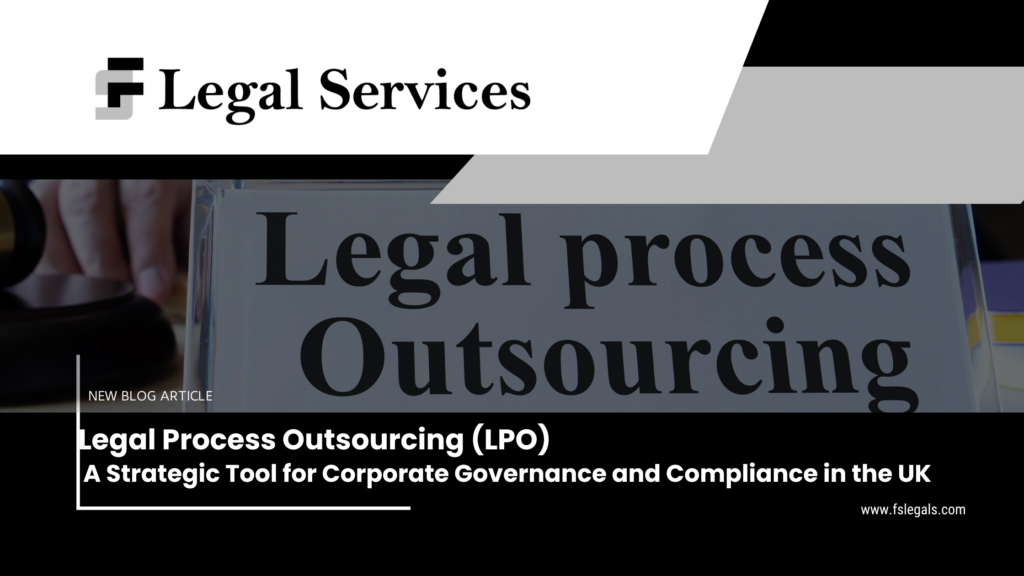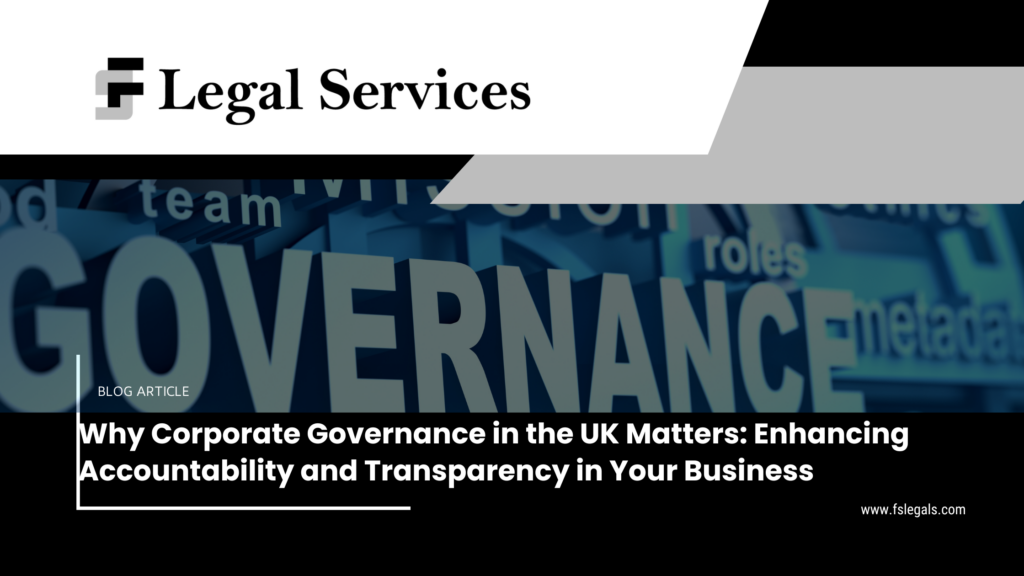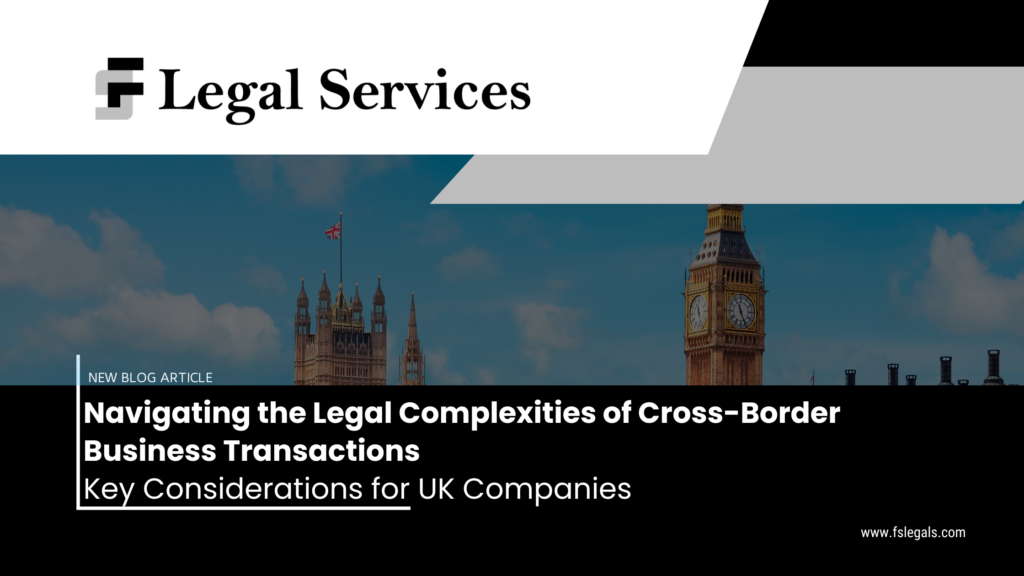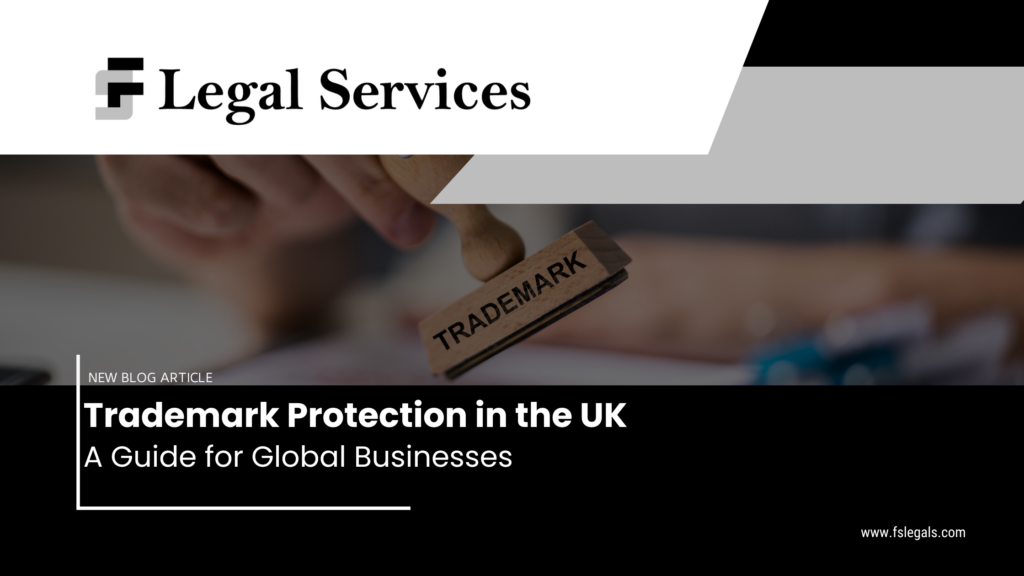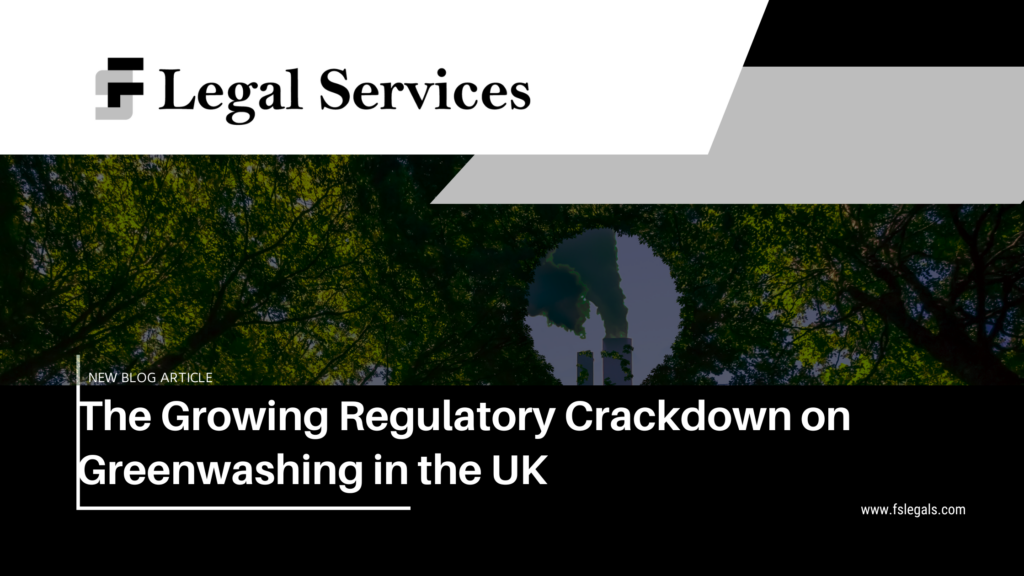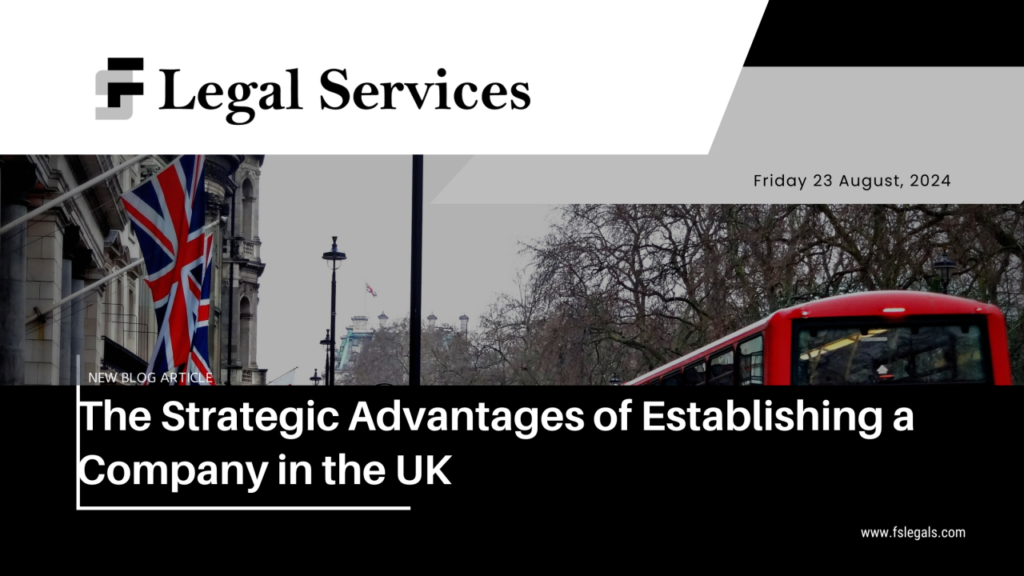Legal Process Outsourcing (LPO)
Legal Process Outsourcing (LPO): A Strategic Tool for Corporate Governance and Compliance in the UK As businesses in the United Kingdom navigate an increasingly complex legal landscape, the need for efficient and cost-effective legal services has become more crucial than ever. Legal Process Outsourcing (LPO) has emerged as a transformative tool, enabling law firms and corporate legal departments to focus on their core competencies while outsourcing specific legal tasks such as compliance management, contract review, and intellectual property support. Cost Efficiency and Scalability One of the primary advantages of LPO for businesses operating in the UK is cost efficiency. By outsourcing routine legal tasks to regions with lower labour costs, legal entities can significantly reduce operational expenses. This is particularly relevant in corporate governance and compliance, where tasks such as contract management or document review can become resource-intensive. The scalability of LPO services also allows businesses to adjust to fluctuating workloads, ensuring they are prepared for periods of increased demand without the need to maintain large in-house teams. Specialised Expertise for Complex Legal Matters LPO providers often specialise in specific areas such as intellectual property, regulatory compliance, and commercial contracts—key areas for businesses in the UK. Companies in these sectors benefit from access to a pool of experts with in-depth knowledge of the legal frameworks governing compliance and corporate governance. For instance, intellectual property laws in the UK can be complex, especially for businesses expanding across borders. LPO services offer cost-effective solutions for handling these specialised legal tasks. Technological Integration for Enhanced Efficiency The integration of advanced technologies, such as artificial intelligence and data analytics, has revolutionised legal processes within LPO. From document review to compliance monitoring, technology allows LPO providers to handle tasks with greater accuracy and speed. For businesses in the UK, particularly those facing stringent regulatory requirements, this technological integration ensures timely and efficient legal support, reducing bottlenecks and improving overall productivity. Globalisation and Cross-Border Expertise Many businesses in the UK operate across borders, often handling international transactions and navigating multiple regulatory frameworks. LPO providers with a global reach are adept at assisting with cross-border legal issues, offering a valuable resource for businesses that require expertise in international law and compliance. By leveraging the global footprint of LPO providers, companies can ensure they remain compliant with regulations across various jurisdictions while managing costs effectively. Compliance and Data Security For companies in the UK, regulatory compliance and data security are top priorities, especially in industries like finance, real estate, and healthcare. LPO providers increasingly focus on compliance with international data protection regulations, such as the General Data Protection Regulation (GDPR), ensuring that sensitive legal and financial data is handled securely. This is particularly crucial when dealing with cross-border transactions or compliance monitoring, where the risk of data breaches can be significant. Enhanced Productivity and Focus on Core Competencies LPO also offers the added benefit of allowing legal teams to concentrate on high-value tasks such as strategic legal analysis, client relationship management, and business development while outsourcing routine and time-consuming legal work. By streamlining workflows and reducing administrative burdens, businesses can enhance productivity, providing faster responses to clients and enabling legal teams to focus on delivering high-quality legal services in compliance and governance. Future Trends in Legal Process Outsourcing As the legal industry continues to evolve, LPO is expected to follow suit. Several emerging trends are likely to shape the future of LPO, including: AI and Automation: The integration of AI-driven algorithms will enable LPO providers to handle more complex legal tasks, leading to greater efficiency and cost savings. Legal Tech Integration: LPO providers will incorporate advanced legal technologies, such as predictive analytics and blockchain, to offer more sophisticated services. Focus on Compliance: With increasing regulatory requirements, LPO providers will place a stronger emphasis on compliance services, especially in finance and healthcare. Customisation and Personalisation: LPO providers will offer more tailored services to meet specific client needs. Cross-Border Litigation and Arbitration Support: LPO providers will play a vital role in supporting cross-border litigation, leveraging their global expertise. Compliance and Data Security Challenges While LPO offers numerous benefits, it is essential to address potential challenges related to data security and confidentiality: Data Privacy Regulations: Compliance with data privacy regulations such as GDPR is crucial for protecting sensitive information. Data Encryption: Ensuring that data transferred to and from LPO providers is encrypted to prevent unauthorised access. Access Control: Implementing strict access control measures to protect client data. Confidentiality Agreements: Establishing comprehensive confidentiality agreements between the client and the LPO provider. Audit and Oversight: Clients should retain the ability to audit the LPO provider’s data security practices. Best Practices for a Successful LPO Partnership To mitigate these challenges, consider implementing the following best practices: Vendor Due Diligence: Conduct thorough assessments of LPO providers’ data security practices and compliance history. Secure Communication: Use encrypted emails and virtual private networks (VPNs) for secure data exchange. Confidentiality Training: Ensure that all personnel at the LPO provider are trained in data confidentiality and security protocols. Regular Audits: Conduct audits to assess the LPO provider’s data security measures. Clear Contracts: Clearly define data security expectations and responsibilities in the outsourcing agreement. Conclusion LPO offers a strategic advantage for UK companies looking to maintain compliance, enhance corporate governance, and optimise their legal operations. With the ability to reduce costs, improve efficiency, and access specialised expertise, LPO is a valuable tool for businesses aiming to remain competitive in a dynamic and globalised market. For those seeking tailored legal support in corporate governance and compliance, FS Legal Services can help navigate the complexities of the modern legal environment by effectively integrating LPO solutions. Need Legal Help? Fill out the form below so we can understand your needs and assist you promptly.
